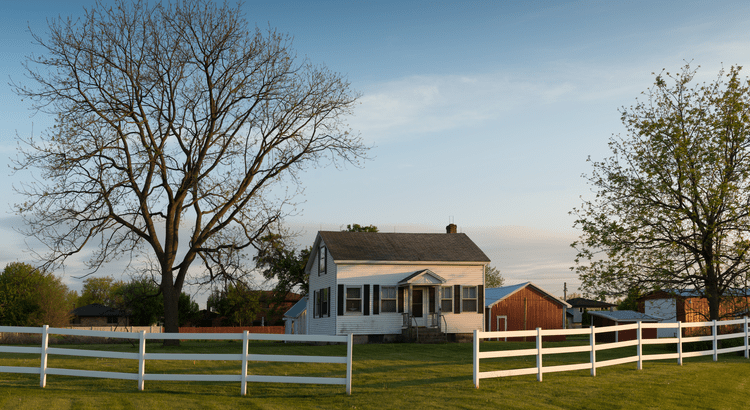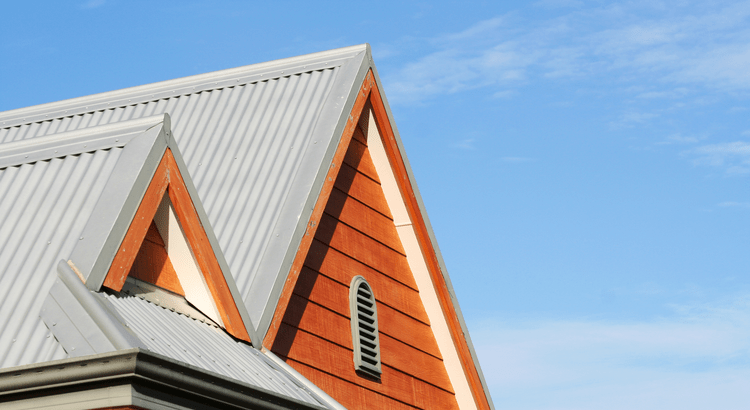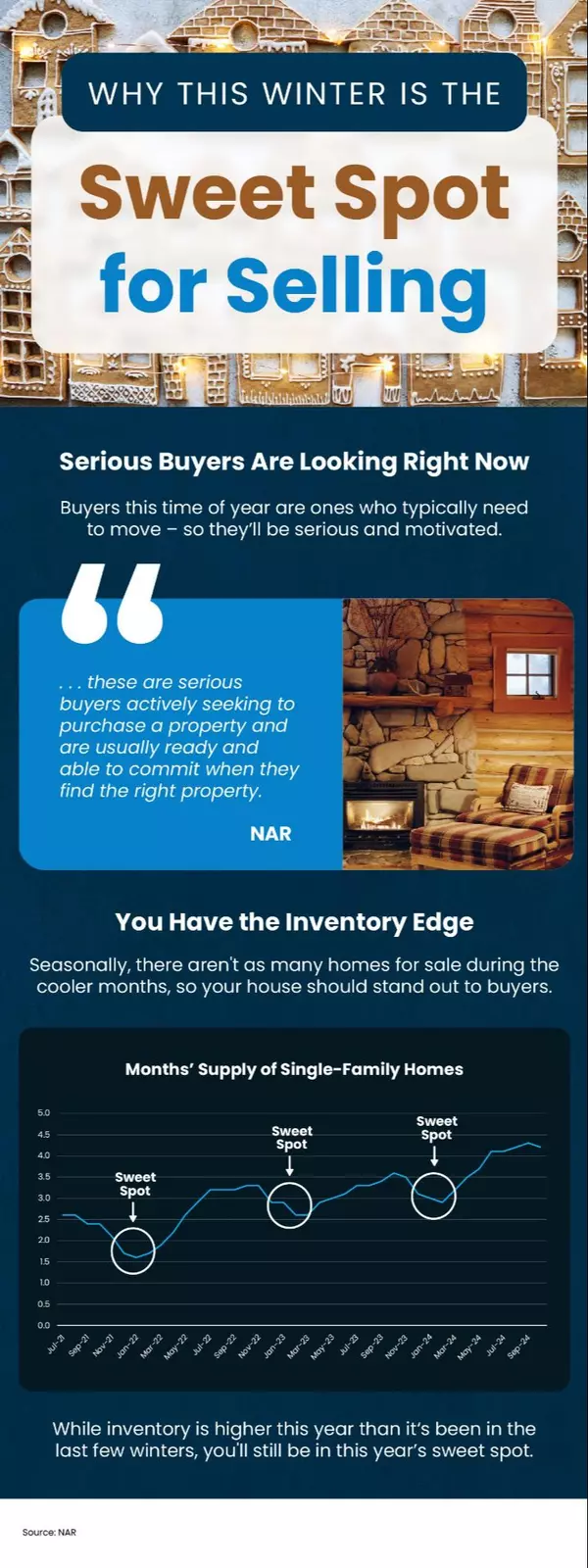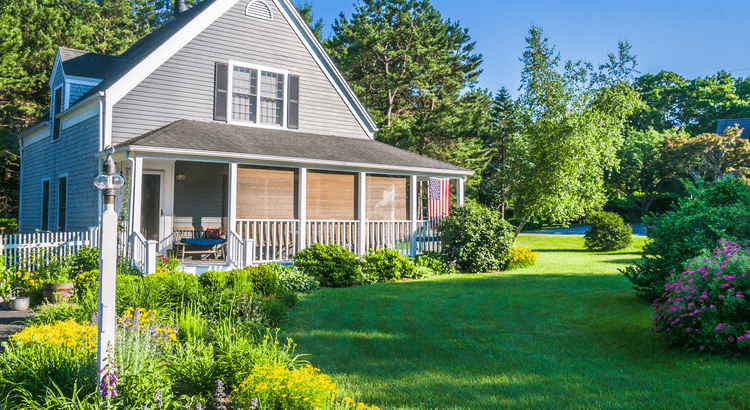
The Perks of Buying over Renting
The Perks of Buying over Renting Considering a home purchase? Despite potentially daunting mortgage rates, here are two compelling reasons why now could still be an opportune time to invest in your own property. 1. Home Values Typically Go Up Over Time There's been uncertainty about home price trends lately. Nationally, they're still on the rise, as they typically do over the long term (see graph). According to data from the Federal Reserve (the Fed), home prices have shown a consistent upward trend over the past six decades, with a notable exception during the 2008 housing crash. Despite occasional fluctuations, home values have generally increased. This underscores the advantage of homeownership over renting, as rising home prices, coupled with mortgage repayment, contribute to the accumulation of equity. The Urban Institute affirms this perspective: “Homeownership is critical for wealth building and financial stability.” 2. Rent Keeps Rising in the Long Run Here’s another reason you may want to think about buying a home instead of renting – rent just keeps going up over the years. Sure, it might be cheaper to rent right now in some areas, but every time you renew your lease or sign a new one, you’re likely to feel the squeeze of your rent getting higher. According to data from iProperty Management, rent has been going up pretty consistently for the last 60 years, too (see graph below): So how do you escape the cycle of rising rents? Buying a home with a fixed-rate mortgage helps you stabilize your housing costs and say goodbye to those annoying rent increases. That kind of stability is a big deal. Your housing payments are like an investment, and you've got a decision to make. Do you want to invest in yourself or keep paying your landlord? When you own your home, you're investing in your own future. And even when renting is cheaper, that money you pay every month is gone for good. As Dr. Jessica Lautz, Deputy Chief Economist and VP of Research at the National Association of Realtors (NAR), says: “If a homebuyer is financially stable, able to manage monthly mortgage costs and can handle the associated household maintenance expenses, then it makes sense to purchase a home.” Bottom Line IIf you're tired of the uncertainty of rising rent costs and are interested in the advantages of owning your own home, I'd love to discuss your options and help you explore the path to homeownership. Let's connect and start the conversation.
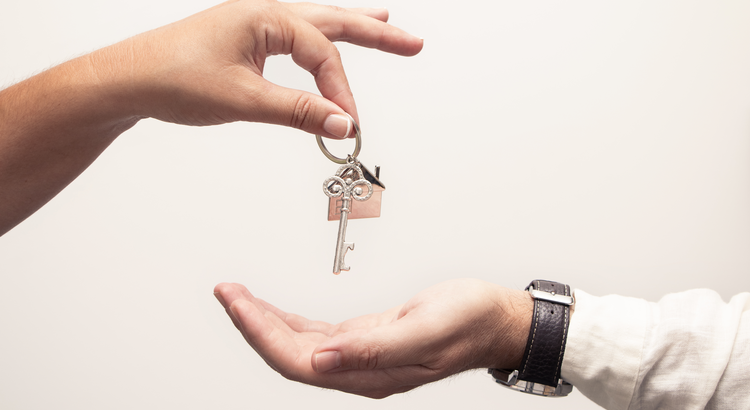
Now’s a Great Time To Sell Your House
Now’s a Great Time To Sell Your House Considering selling your home? You might be factoring in current mortgage rates and how your needs have evolved to determine your next steps. Another factor to consider: The latest Home Purchase Sentiment Index (HPSI) from Fannie Mae shows an increasing percentage of respondents who believe it's a good time to sell (see graph below). Why Are Sellers Feeling so Optimistic? One reason why is because right now is traditionally the best time of year to sell a house. A recent article from Bankrate says: “Late spring and early summer are generally considered the best times to sell a house. . . . While today’s rates are relatively high, low inventory is still keeping sellers in the driver’s seat in most markets.” These are the seasons when most people move. That means buyer demand grows. And because there still aren’t enough homes for sale to meet that demand, sellers see some serious perks. According to Rocket Mortgage: “Homes that are listed at the end of spring and the beginning of summer typically sell faster at a higher sales price.” What Does This Mean for You? Increased seller confidence is driving more homes onto the market. To capitalize on this trend, start preparing your home now. A local real estate agent can offer valuable advice on making your home attractive to buyers in your area and timing your listing for peak seasons like spring and early summer, when homes tend to sell quickly and for higher prices. Bottom Line When you’re ready to capitalize on the current seller's market, especially during the spring and early summer, let’s connect to make the most of your home sale.

Is a Multi-Generational Home Right for You?
Is a Multi-Generational Home Right for You? Have you ever considered residing in a household with multiple generations, such as grandparents, parents, or other relatives? Many individuals are opting for multi-generational homes, where everyone can coexist under one roof. Let's explore the reasons why they find it advantageous and whether it could suit your lifestyle as well. Why People Are Choosing Multi-Generational Living According to the National Association of Realtors (NAR), here are just a few key reasons buyers opted for multi-generational homes over the past year (see graph below): Two primary motivations for choosing multi-generational homes revolve around aging parents. A significant 27% of buyers opt for such arrangements to provide easier care for their parents, while 19% seek to spend more quality time with them. For many older adults desiring to age in place, residing in a home with loved ones facilitates this goal. If your parents share this aspiration but require assistance, a multi-generational home could be a viable solution. However, the appeal of multi-generational homes extends beyond familial care; it also offers financial advantages. About 22% of buyers select these homes to reduce expenses, while 11% seek larger residences affordable through combined incomes. Sharing costs like the mortgage and utilities can make owning a home more affordable. This is especially helpful for first-time homebuyers who might find it challenging to buy a place on their own in today's market. As Axios explains: “Financial concerns and caregiving needs are two of the major reasons people live with their parents (and parents’ parents).” How an Agent Is Key in Finding the Right Home for You Finding the ideal multi-generational home presents unique challenges compared to traditional house hunting. With multiple family members involved, accommodating various preferences and needs becomes akin to solving a complex puzzle where every piece must align seamlessly. If you're intrigued by the concept of shared living and its associated advantages, partnering with a knowledgeable real estate agent in your area can streamline your search process and ensure you find a home that meets everyone's requirements. Bottom Line Exploring the option of purchasing a multi-generational home could be beneficial, whether you're seeking cost savings or aiming to provide care for your family members. If you're interested in learning more about this housing arrangement, I'd be happy to discuss further. Let's connect and explore your options together.

Foreclosure Numbers Are Nothing Like the 2008 Crash
Foreclosure Numbers Are Nothing Like the 2008 Crash If you've been following the news, you've likely encountered reports suggesting an increase in foreclosures in today's housing market. This might evoke concern, particularly if you experienced the housing crash in 2008. The reality is, while increasing, the data shows a foreclosure crisis is not where the market is headed. Here’s the latest information stacked against the historical data to put your mind at ease. The Headlines Make the Increase Sound Dramatic – But It’s Not The increase the media is calling attention to is a little bit misleading. That’s because it’s comparing the most recent numbers to a time when foreclosures were at historic lows. And that lopsided comparison is making it sound like a much bigger deal than it actually is. Back in 2020 and 2021, there was a moratorium and forbearance program that helped millions of homeowners avoid foreclosure during challenging times. That’s why numbers for just a few years ago were so low. Now that the moratorium has come to an end, foreclosures are resuming and that means numbers are rising. But it’s an expected increase, not a surprise, and not a cause for alarm. Just because foreclosure filings are up doesn’t mean the housing market is in trouble. To prove that to you, let’s expand the comparison out a bit more. Specifically, we’ll go all the way back to the housing crash in 2008 – since that’s what people worry may happen again. The graph below uses research from ATTOM, a property data provider, to show foreclosure activity has been consistently lower since the crash in 2008: What the data shows is that things now aren’t anything like they were surrounding the housing crash. The bars in red are when there were over 1 million foreclosure filings a year. In 2023, there were roughly 357,000. That’s a big difference. A recent article from Bankrate explains one of the reasons things aren’t like they were back then: “In the years after the housing crash, millions of foreclosures flooded the housing market, depressing prices. That’s not the case now. Most homeowners have a comfortable equity cushion in their homes.” Basically, foreclosure activity is nothing like it was during the crash. That’s because most homeowners today have enough equity to keep them from going into foreclosure. And that’s a really good thing for homeowners and for the market. The reality is, the data shows a foreclosure crisis is not where the market is today, or where it’s headed. Bottom Line At present, it's crucial to contextualize the data. Although the housing market is witnessing a predictable uptick in foreclosures, it's far from the crisis levels observed during the housing bubble collapse. This trend isn't anticipated to trigger a decline in home prices.
Categories
Recent Posts


